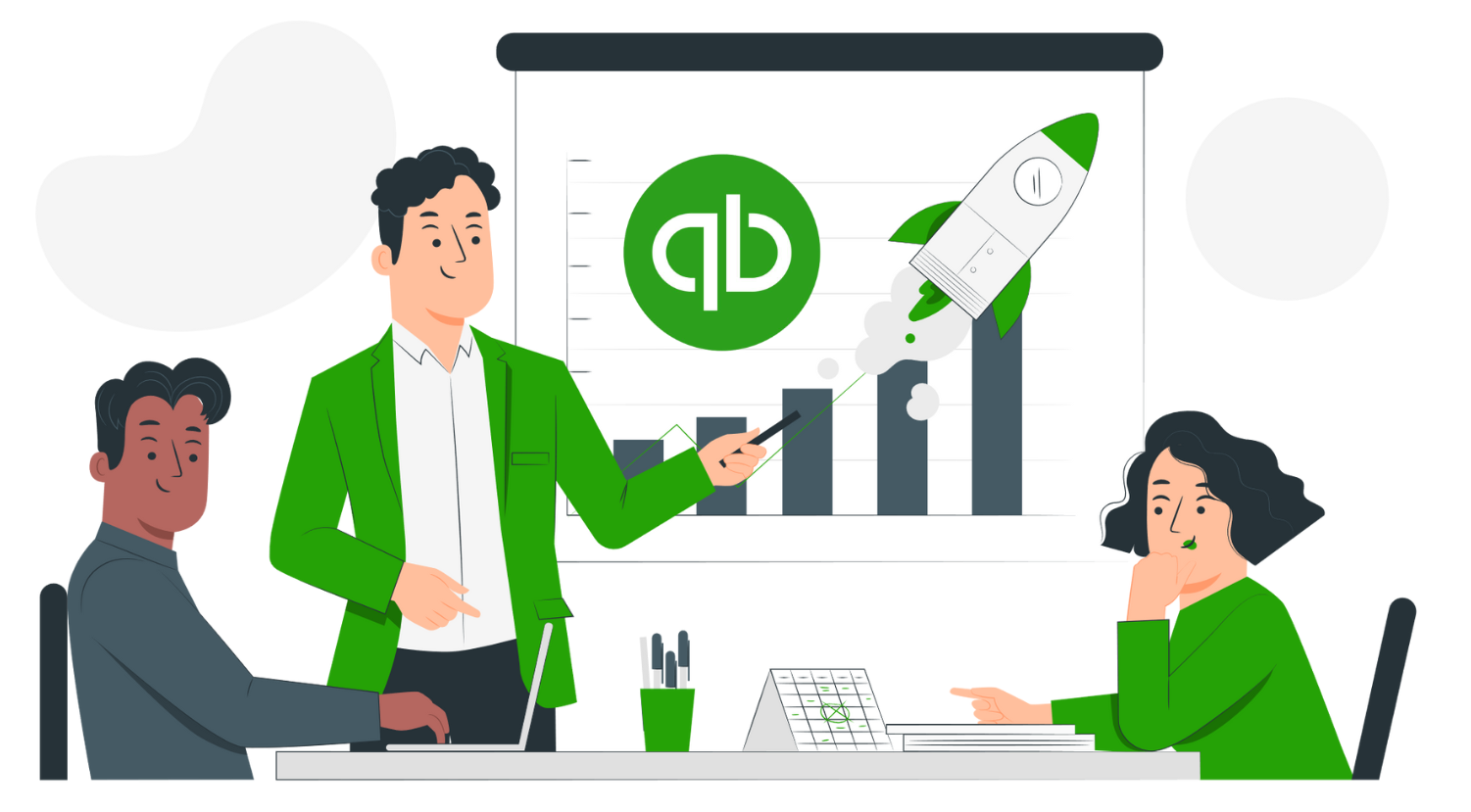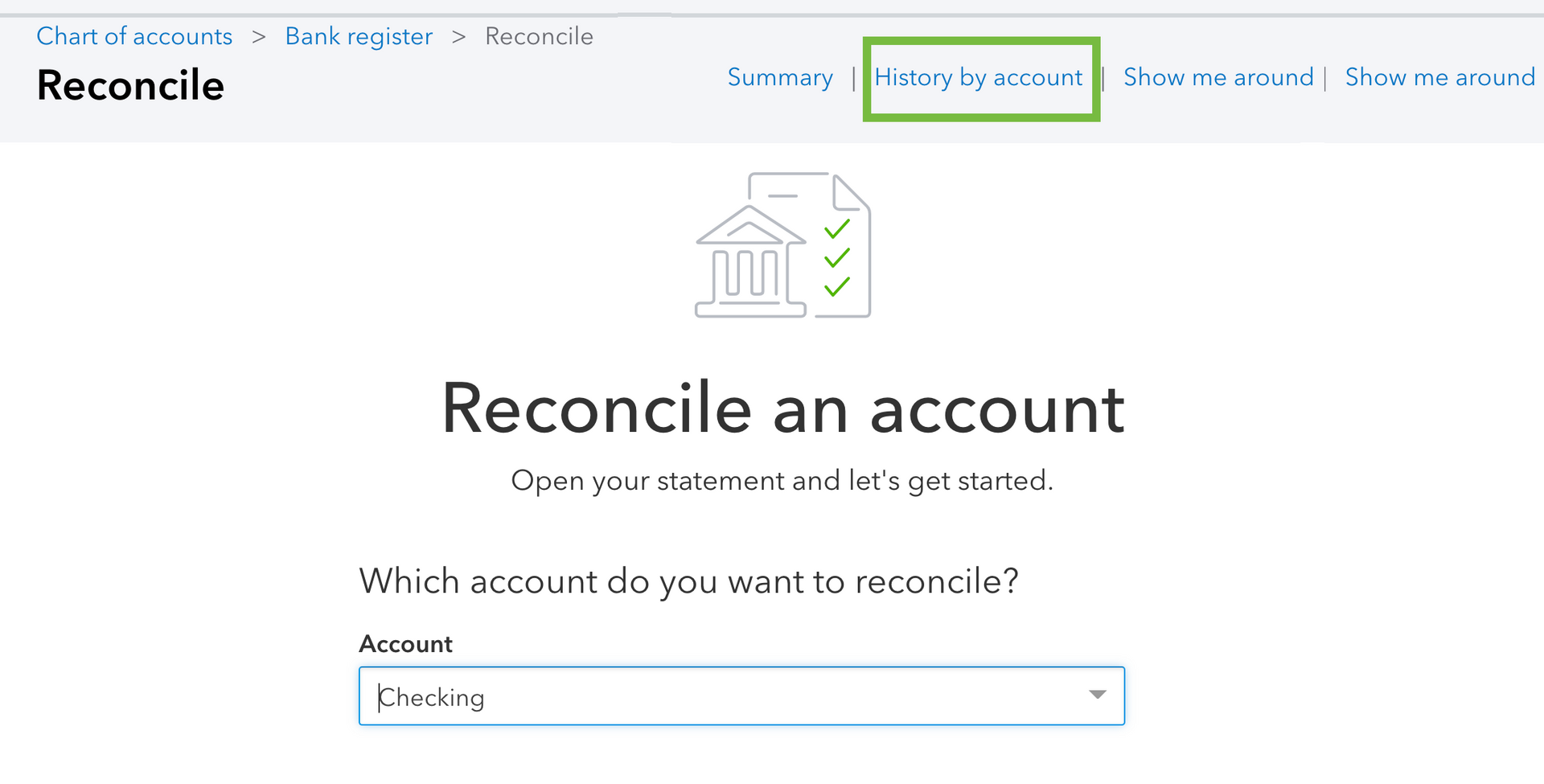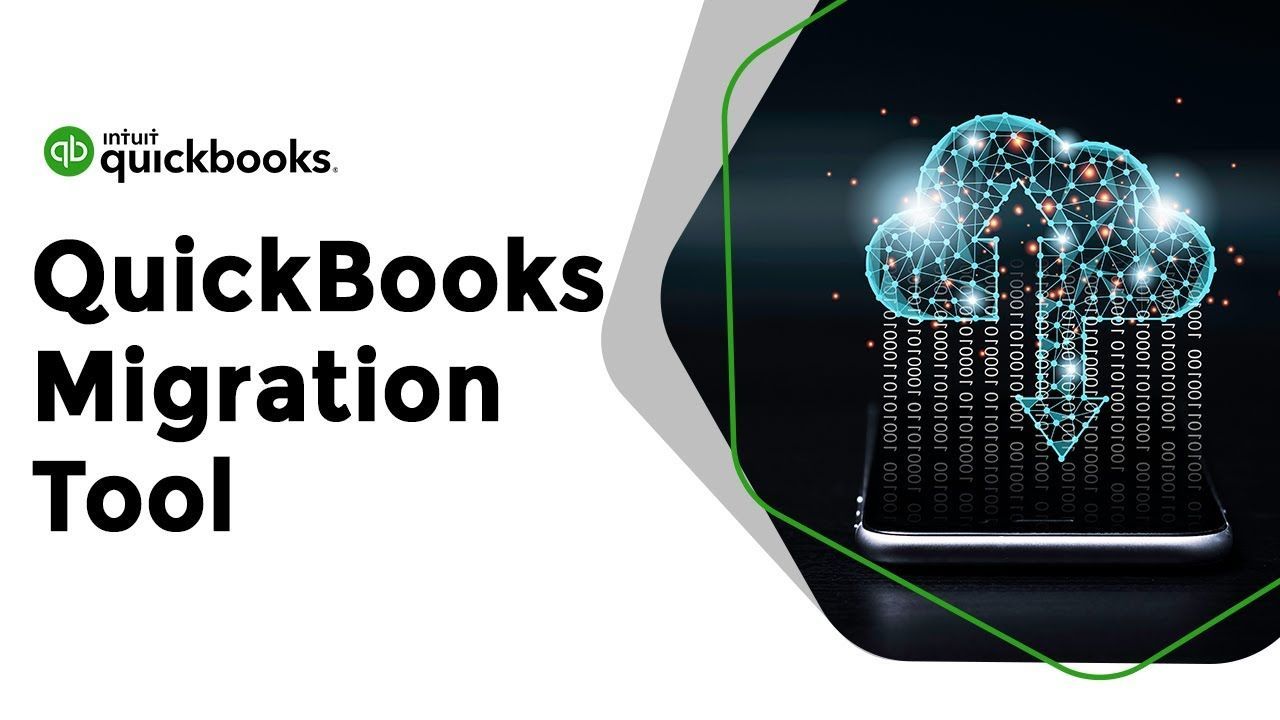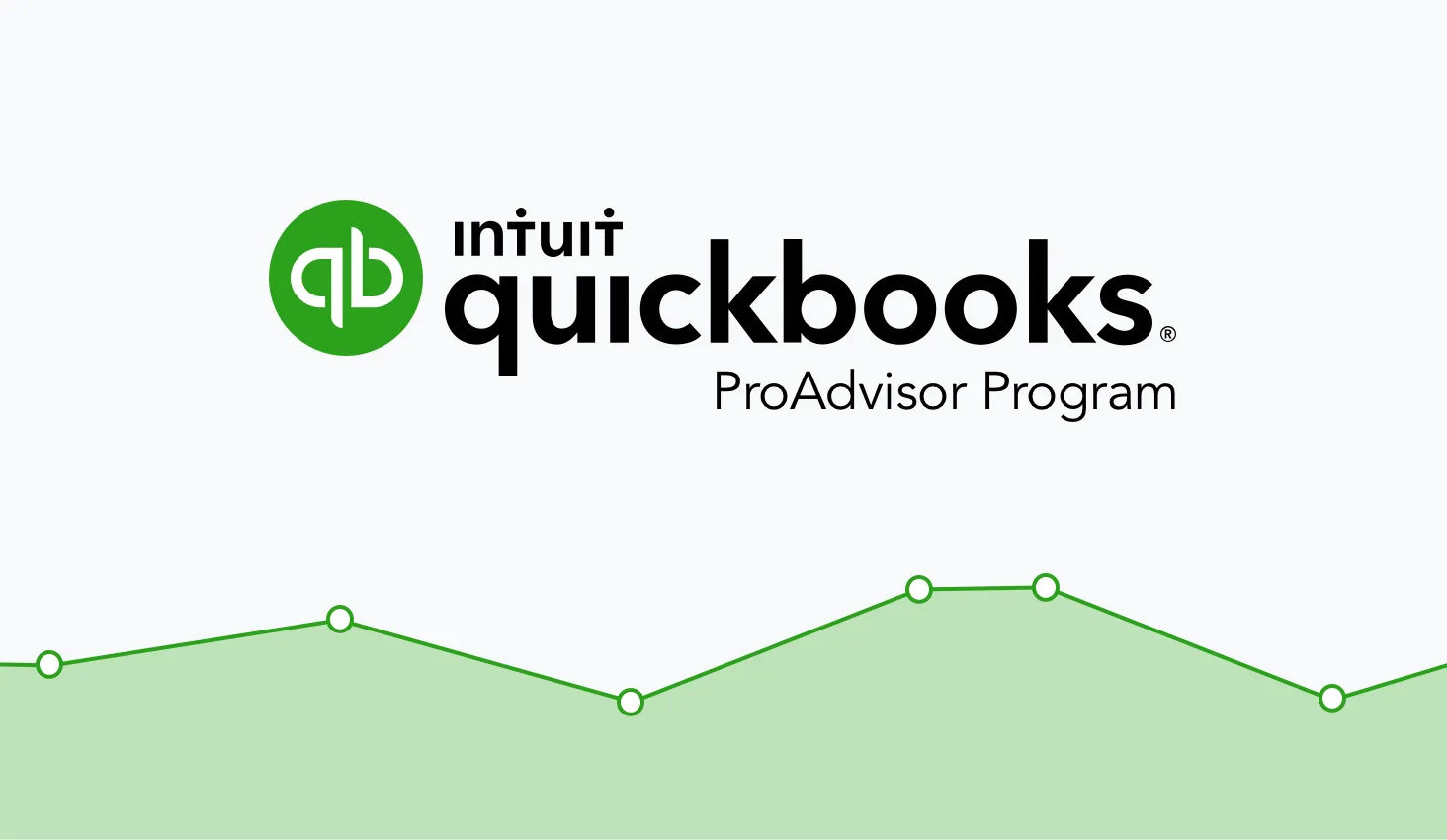
Shopify QuickBooks Integration
Shopify and QuickBooks are two powerful tools that can help businesses manage their e-commerce and financial operations with ease. In this article, we will take an in-depth look at both platforms, explore the benefits of integrating them, and provide a step-by-step guide for setting up the integration.
Shopify: An Overview
Shopify is a cloud-based e-commerce platform that enables businesses to create and manage their online stores. The platform provides a wide range of features, including website design, payment processing, order management, and more.

One of the biggest benefits of using Shopify is its ease of use. The platform provides a user-friendly interface that makes it simple for businesses to create and manage their online stores, even if they have no experience with web design or e-commerce. Shopify also offers a wide range of customizable themes that can be easily modified to fit the look and feel of a business brand.
In addition to its ease of use, Shopify provides a number of features that are designed to help businesses grow their online stores. For example, the platform integrates with popular payment gateways, making it easy for businesses to process payments from customers. Shopify also provides detailed analytics, so businesses can track their performance and make informed decisions about their e-commerce operations.
QuickBooks: An Overview
QuickBooks is a financial management software that is designed for small and medium-sized businesses. The software provides a range of features, including accounting, invoicing, payroll, and more. One of the biggest benefits of using QuickBooks is its ability to automate many of the tedious financial tasks that businesses face.

For example, the software can automatically generate invoices, reconcile bank accounts, and track expenses, freeing up time and resources that businesses can then use to focus on other areas of their operations.
In addition to its automation capabilities, QuickBooks provides a number of features that are designed to help businesses gain insight into their financial performance. For example, the software provides detailed reporting and analytics, so businesses can see how their operations are performing and identify areas for improvement.
The Benefits of Shopify QuickBooks Integration
QuickBooks is a powerful financial management software that offers a wide range of benefits for Shopify store owners. Integrating QuickBooks with Shopify streamlines the financial processes and gives store owners valuable insights into their business operations. Here, we will explore all the benefits of using QuickBooks for your Shopify store in great detail.
Automated Accounting Processes
One of the biggest benefits of using QuickBooks for your Shopify store is the ability to automate many of the tedious financial tasks involved in running a business. For example, QuickBooks can automatically generate invoices, reconcile bank accounts, and track expenses, freeing up time and resources that store owners can then use to focus on other areas of their operations.
QuickBooks also automates the process of creating financial statements, such as balance sheets and income statements, which can be time-consuming and complex. By automating these processes, QuickBooks makes it easier for store owners to get a clear picture of their financial performance, without having to spend hours poring over spreadsheets and financial reports.
Improved Financial Insights
With QuickBooks, store owners can gain real-time insight into their financial performance, which is crucial for making informed business decisions. QuickBooks provides detailed reporting and analytics, so store owners can see how their operations are performing and identify areas for improvement.
For example, store owners can use QuickBooks to track the performance of different products, services, and sales channels. This information can be used to optimize marketing efforts and improve the overall customer experience. Additionally, store owners can track the performance of different expenses, such as advertising and marketing, to ensure that they are getting the best return on investment.
Streamlined Data Management
One of the key benefits of integrating QuickBooks with Shopify is the streamlined data management that it provides. Integrating the two platforms eliminates the need to manually enter data into both systems, reducing the risk of errors and freeing up time. The integration automatically syncs data between QuickBooks and Shopify, so store owners can be sure that they always have up-to-date information about their financial performance.
For example, when a customer makes a purchase in the Shopify store, the order information is automatically synced with QuickBooks, so store owners can see the revenue generated from the sale. Similarly, when a payment is made in QuickBooks, the information is automatically updated in Shopify, so store owners can see the total revenue and the status of their payments.
Better Customer Experience
Integrating QuickBooks with Shopify makes it easier for store owners to manage their customer data, which can lead to a better customer experience. For example, store owners can use the data to personalize their marketing campaigns and provide more targeted customer support.
QuickBooks provides detailed customer information, such as purchase history, contact information, and more. This information can be used to create targeted marketing campaigns that are more likely to convert, as well as to provide better customer support. For example, store owners can use QuickBooks to track customer issues and resolve them more quickly and efficiently.
Increased Efficiency
Integrating QuickBooks with Shopify increases the efficiency of the financial processes involved in running a business. For example, store owners no longer need to spend time manually entering data into both systems, reducing the risk of errors and freeing up time. Additionally, the automation of financial processes, such as invoicing and expense tracking, makes it easier for store owners to get a clear picture of their financial performance, without having to spend hours poring over spreadsheets and financial reports.
Shopify QuickBooks integration can be complex, so many store owners choose to work with a professional service provider for help. One such provider is PNATC (Professional Network of Accounting & Tax Consultants).
PNATC is a team of experts who specialize in helping businesses integrate their Shopify and QuickBooks systems. The company has extensive experience working with both platforms and can provide a range of services to help store owners get the most out of their integration.
Here's how to get in touch with PNATC for help with your Shopify QuickBooks integration:
- Contact PNATC through their website: PNATC has an easy-to-use website that provides information on their services and how to get in touch. Simply visit their site and follow the instructions to schedule a consultation.
- Call PNATC directly: If you prefer to speak with someone directly, you can call PNATC's support line. A member of their team will be happy to answer any questions you have and schedule a consultation.
- Schedule a consultation: PNATC offers free consultations CLICK HERE to help store owners determine the best solution for their needs. During the consultation, you'll have the opportunity to discuss your business requirements and learn more about the services PNATC provides.
Once you've contacted PNATC, one of their experts will work with you to assess your business requirements and recommend the best solution for your needs. They will guide you through the integration process and provide ongoing support to help you get the most out of your integration.
In conclusion, integrating Shopify and QuickBooks can provide numerous benefits for store owners, but it can also be complex and time-consuming. By working with a professional service provider like PNATC, store owners can streamline the integration process and ensure that they get the most out of their integration.
Leave a Reply
Contact PNATC
Contact - Website lead
Recent Posts

Share Post
Contact PNATC
Get all your questions answered and problems solved with our QuickBooks experts today!









